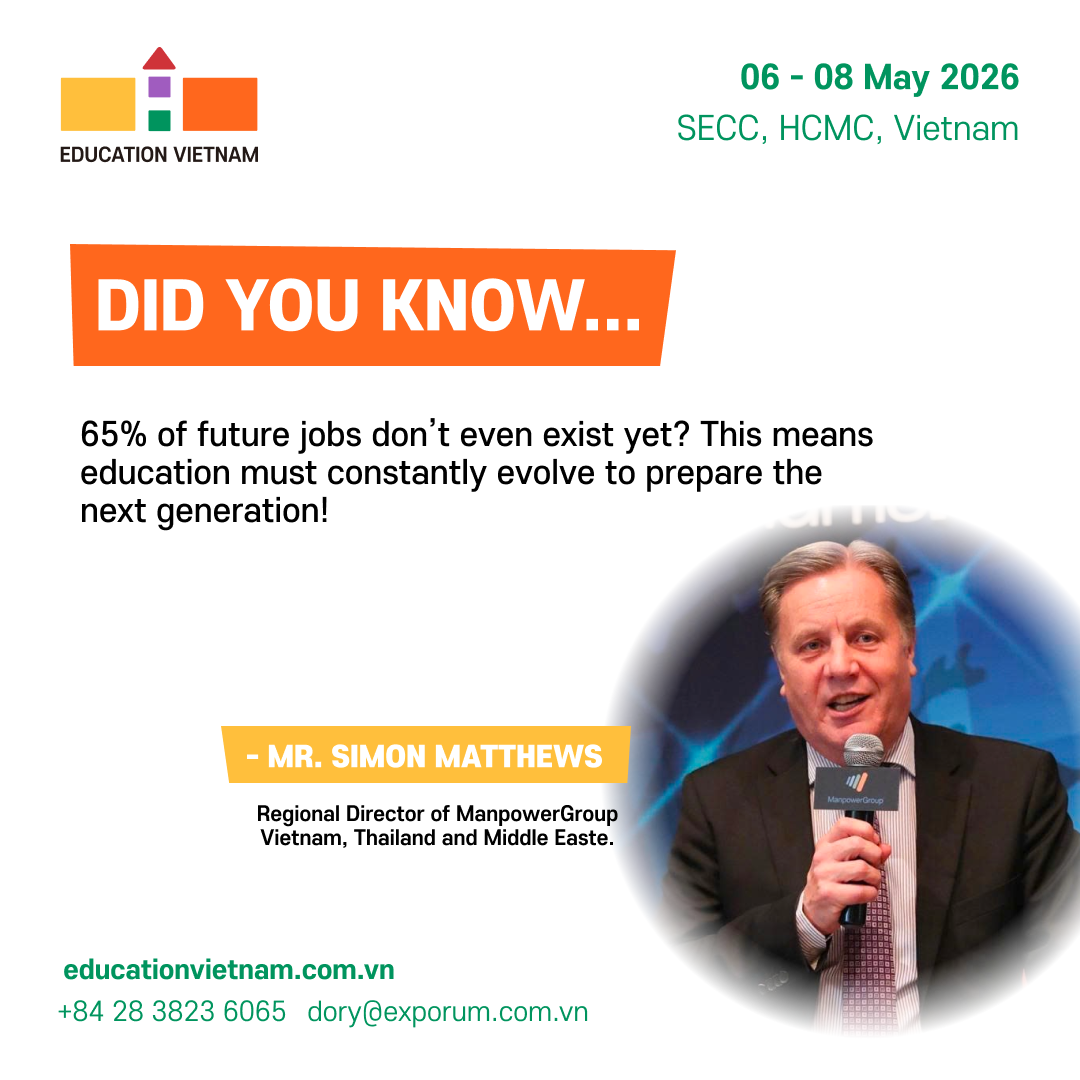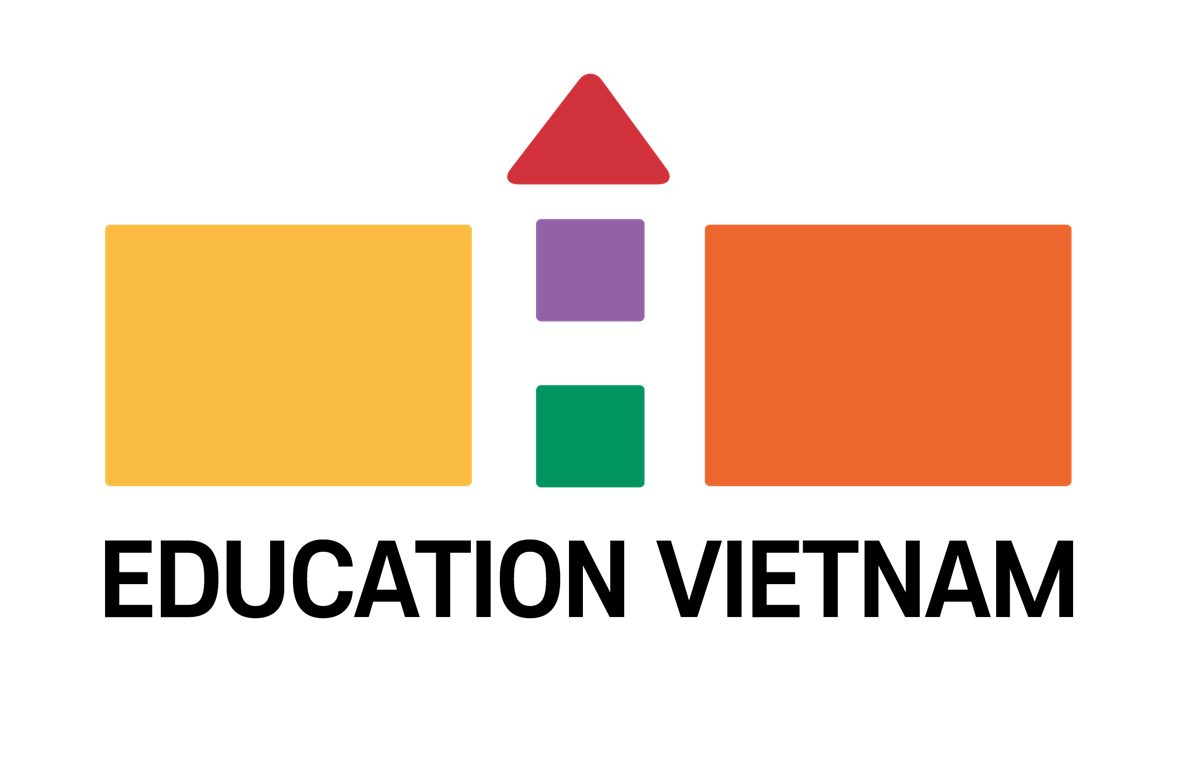
Education Vietnam 2026
May 06 (Wed) ~ 08 (Fri), 2026,
SECC, HCMC, Vietnam
Vietnam Education Market Overview: From EdTech to International Schools – Key Growth Drivers
22/8/2025
Education has always been one of Vietnam’s top priorities, receiving strong attention from the government, the business sector, and parents alike. The year 2025 marks a pivotal stage as new policies take effect, Gen Y and Gen Z parents’ expectations evolve, and educational technology (EdTech) emerges as a dominant growth driver.
This report provides a comprehensive view of Vietnam’s education market — its size, segments, growth drivers, challenges, policies, trends to 2030, and opportunities for businesses and investors.
.png)
1. Vietnam Education Market 2025: Size and Overview
According to market reports, Vietnam’s education sector is expected to reach tens of billions of USD by 2025, with an average annual growth rate of 8–10% from 2020 to 2025.
Education is the largest household expenditure category in urban Vietnam, accounting for 20–25% of disposable income.
Key Segments in Vietnam’s Education System:
- K-12 Education (public, private, and international schools)
- Vocational and Short-Term Training
- Higher and Postgraduate Education
- Language Training & Soft/Digital Skills
- Educational Technology (EdTech)
While public schools used to dominate, recent years have seen a rapid expansion of private and international school networks, alongside the rise of innovative EdTech startups.
2. Market Ecosystem: Diverse Segments, Multiple Growth Drivers
.png)
K-12 Education
K-12 remains the backbone of the market. Private and international school chains such as VAS, BIS, and Nguyen Hoang Group are growing rapidly, reflecting parents’ increasing demand for globalized, high-quality education. Bilingual, Cambridge, and IB programs remain highly sought after.
Vocational & Short-Term Training
Vietnam’s shifting labor market fuels the demand for upskilling and reskilling. Vocational colleges and training centers are partnering with businesses and international organizations to deliver high-quality, industry-relevant programs.
Higher Education
University autonomy policies empower institutions like Hanoi University of Science and Technology, National Economics University, Fulbright, and RMIT to design new programs, set tuition fees, and expand international cooperation. STEM, AI, and logistics are becoming key focus areas.
Language & Skills Training
English remains dominant, especially in IELTS, TOEIC, and TOEFL preparation. However, digital skills such as coding, data analytics, and digital marketing, as well as soft skills like critical thinking and public speaking, are now in high demand.
EdTech – The Market’s Bright Spot
Vietnam’s EdTech sector has seen explosive growth, with platforms like Topica, Vuihoc, Hocmai, Vietjack, and ELSA Speak becoming household names. Key trends include hybrid learning, micro-learning, and AI/LLM-powered teaching. This segment is projected to grow fastest in the next five years.
.png)
3. Growth Drivers and Challenges
Growth Drivers:
- Young Population & High Education Spending: Over 100 million people, one-third under 25.
- Digital Transformation & Tech Infrastructure: High internet penetration, widespread smartphone use.
- Government Policies: Education reform, university autonomy, and incentives for foreign investment.
Challenges:
- Uneven quality of training across regions.
- Shortage of highly qualified teachers.
- Urban–rural education gap.
- Rising tuition fees at private and international schools.
4. Emerging Trends 2025–2030
- Hybrid Learning becomes the standard.
- Micro-credentials in digital skills, STEM, AI gain recognition from employers.
- Triple Helix Collaboration (business–university–local government) drives innovation, startups, and R&D.
5. Opportunities for Businesses and Investors
- M&A in K-12 and expansion of private/international school networks.
- Franchising in preschool and language centers in emerging cities.
- B2B EdTech solutions for schools, local governments, and enterprises.
6. FAQ – Vietnam Education Market
How will tuition fees change from 2025–2030?
Public school fees will rise slightly under the government’s roadmap, while private/international fees may increase 5–10% annually in major cities.
Which EdTech segments are strongest in Vietnam?
Currently, test prep, language learning, and K-12 online platforms dominate. AI tutors and micro-learning are expected to lead next.
How does university autonomy impact quality?
It enables flexible program design, stronger business partnerships, and higher quality, but often raises tuition.
Which segments suit SME investors?
Language training, digital skills, B2B EdTech, and preschool franchising in local provinces.
Conclusion
Vietnam’s education sector is entering a transformative phase. With a young population, rising household investment in learning, supportive policies, and booming EdTech adoption, the market offers abundant opportunities from 2025 to 2030.
For companies seeking to enter or expand in Vietnam’s education market, Education Vietnam 2026 — the country’s largest international education exhibition — will be a strategic platform to connect with partners, showcase solutions, and explore investment opportunities.
Bài viết mới nhất

Re-inventing Education: The OMO Model – Unlocking the Future of Flexible Learning
27/1/2026

Tái Định Nghĩa Giáo Dục: Mô Hình OMO – "Chìa Khóa" Mở Khóa Tương Lai Học Tập Linh Hoạt
27/1/2026

AI Young Guru: Igniting the Technological Potential of Vietnam’s Youth
23/1/2026

AI Young Guru: Đánh Thức Tiềm Năng Công Nghệ Của Thế Hệ Trẻ Việt Nam
23/1/2026

Educating for Jobs That "Don't Exist Yet": Challenges and Opportunities at Education Vietnam 2026
20/1/2026

